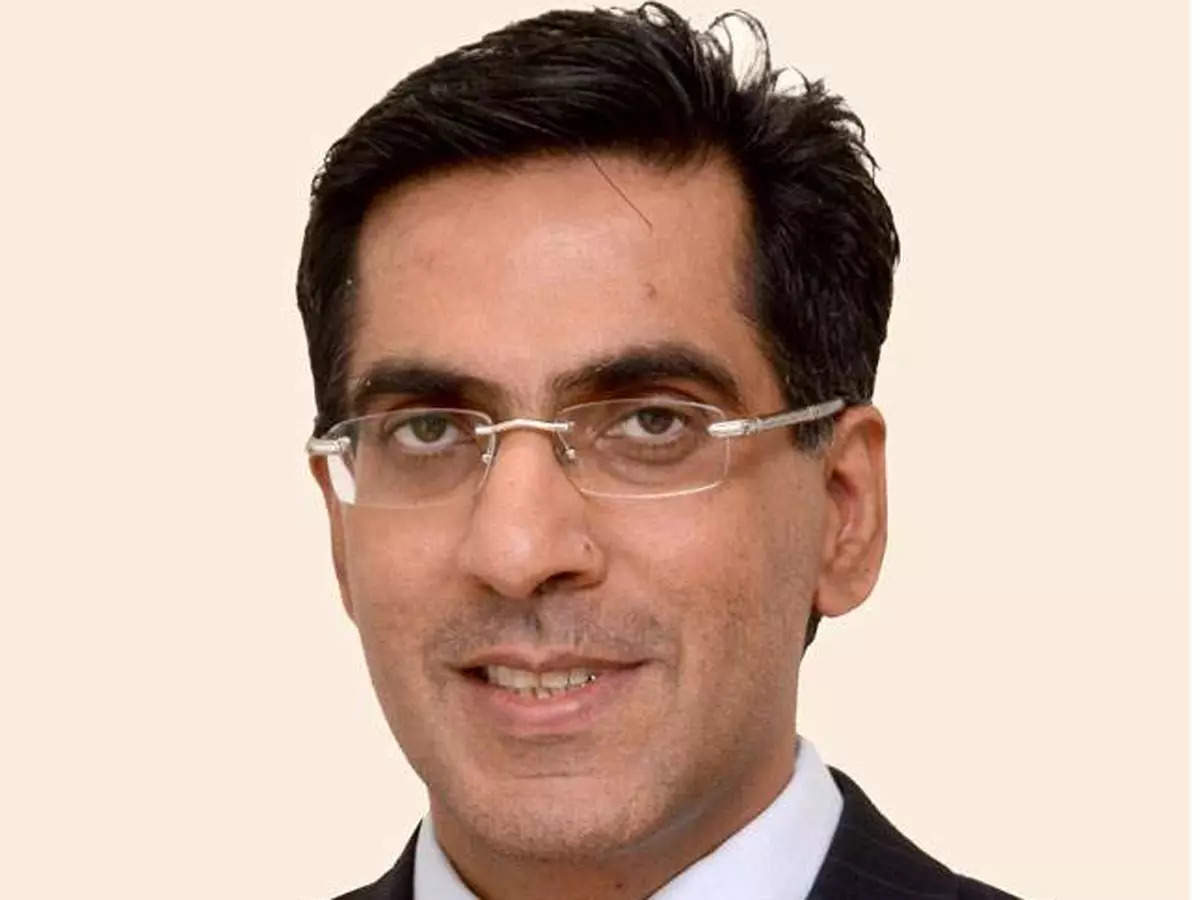Kochhar says: “Positive both on PSU banks and private banks depending upon their story and the valuation that they are trading at.”
When you are speaking with your peers on the buy side, what is the market mood? Are they finding it difficult to locate opportunities in the market or not really? Are largecaps still providing comfort?
Mukul Kochhar: When you are putting capital at risk, it is always difficult. Moreover, last year was fairly solid, especially in the midcap side, with 58% gain. Largecaps also were fairly solid performers last year. So, we are coming off a very strong year and therefore a little bit of trepidation. But some sort of difficulty in putting money at work is very normal. But having said that, given the context of the strong last year, you are seeing this volatility. There is some nervousness hence. To answer your question, there are enough ideas to go around. We have been recommending clients to be overweight on autos. We have been recommending clients to be overweight on financials. We are very bullish on pharma as well. So, we continue to find ideas and it is possible to put money at work even in this market.
Autos, because of the big theme of EV transition. How are you playing it through direct passenger vehicles and two-wheeler plays? Or is OEM a better way to play it?
Mukul Kochhar: In EVs, there is going to be a transition in the story in how people look at this sector. It is going to transition more towards ASP growth, the narrative, which has never been the narrative in India which has always been a volume-led narrative. Premiumisation is going to be a big play going forward. EV is a part of that.
Actually, we have always been more constructive on the two-wheeler space. We just see that the two-wheeler side of the business is more settled. There are no new players coming in. The Indian companies are the largest and most profitable companies in the world and that is a more structured, stable, disciplined sector for you to invest in. Having said that, a couple of four-wheelers are also looking interesting. We generally prefer two-wheelers and the narrative for the next few years is going to be around premiumisation, ASP growth.
Let us talk about financials as well, the space which has underperformed and bored investors for the longest time and everybody is asking that question when will it come back to growth, especially the largecap private banks? Now, PSU banks have run up quite a bit. Are you suggesting people move out of PSU banks into private banks?
Mukul Kochhar: The thesis on the private banks and the PSU banks is totally different and I think we have ideas in both. In the private banks, there was a situation of margin correction last year. In general, stocks do not work and this goes for any stock not just banking stocks. Stocks do not work when margins are under pressure. We think the story stabilises or the margins stabilise this year or may even outperform very muted expectations even for FY25.
Part of the reason is that the Street is building in margin pressure from RBI rate cuts, a lot of products in banks are linked to repo and that may not come through this year. So, you may see some upgrades on margins this year on the private side and selectively, we are positive on private banks for that reason. Generally, we have written a note on this as well that there will be better pricing power with private banks this year because excess liquidity or surplus liquidity in the system has largely played out and now financial institutions are pushing less for growth and here banks with surplus liquidity will have better pricing power.
On the PSU bank side, it is more a valuation play. These are for the next three to five years 15% ROE entities and some of these stocks are trading at still reasonable valuations despite the steep run-up. So, selectively, we are positive both on PSU banks and private banks depending upon their story and the valuation that they are trading at.
It seems pharma is coming back quite a bit on investors’ radar and today itself there is a lot of clamour around how CDMO businesses seem to have bottomed out and it is going to take off from here on. Which end of the pharma space are you looking at?
Mukul Kochhar: Within healthcare, pharma is the segment that is looking most attractive to us. We believe after years of being over-invested, the sector is getting a dose of sanity as far as capital allocation is concerned. Just this morning, we got confirmation of drug shortages in the US, which actually makes the export side of the business quite attractive to us. Just to point out, we have been at the forefront of this improving pricing in the US.
Our analyst has been talking about it for some time. We believe that pricing power will remain with pharma exporters. The domestic business is good as well. Capacity is getting played out. Drug companies are more and more careful in adding incremental capacities. We expect this sector to continue to outperform. Just remember that despite the sector doing well in earnings as well as price movement, it is still not earning adequate return on capital. So, companies will be cognisant of that before they add new capacities. Structurally, this sector has more room to run.
Which are the spaces you would recommend people to take some money off or perhaps profit book a bit? Real estate comes to mind?
Mukul Kochhar: Real estate has always been a very tough sector to call. It has also run up quite a bit. Having said that, real estate cycles are very long lived and so expect at least the fundamentals to be very strong. I believe the stocks have run ahead of themselves right now. But at least there is no negative catalyst in terms of momentum in the business because real estate cycles tend to be very long lived and this one has just started.
Where we are more certain of taking a negative stance is cement, where we think right now the sector has added capacity and the street is way ahead in terms of expectations from the sector. So, broadly, we are underweight cement. We are also substantially underweight core FMCG stocks. We believe staple demand will be slower in this cycle going three to five years.
Staple earnings growth will be slower in the next three to five years because of increased competition and distribution, etc, and the multiples that they have enjoyed in the last cycle will increasingly come under question. So, these are two clear underweights that we are running right now. The IT sector is another one where we believe demand will be slower. Rupee benefits that they have been getting over the last 10 years or so of continuous depreciation, that may not be at play and multiples remain high. So, these three sectors are clear underweights for us.
What is the view on telecom if you have any view there because suddenly there is a lot of action with Bharti Hexacom getting listed, Vodafone perhaps doing Rs 18,000 crore worth FPO and sources tell us that it is getting a decent amount of traction?
Mukul Kochhar: Bharti Hexacom is a good story in general and that is probably getting reflected in the stock price. Broadly, the sector is looking good and pricing power is going to be fairly reasonable. We believe that this year pricing power may be even stronger than last year and that is what is driving the sector. It is not exceptionally expensive by any metric. It has not done exceptionally well over the last decade or so as well.
The sector broadly is looking well priced. Moreover, the consolidation has largely played out, which allows the incumbents to increase prices in a rational manner. I am not saying there is anything irrational going on. Return on capital always needs to exceed the cost of capital for companies and this sector I think that cycle has come now. So, we like the telecom space.




